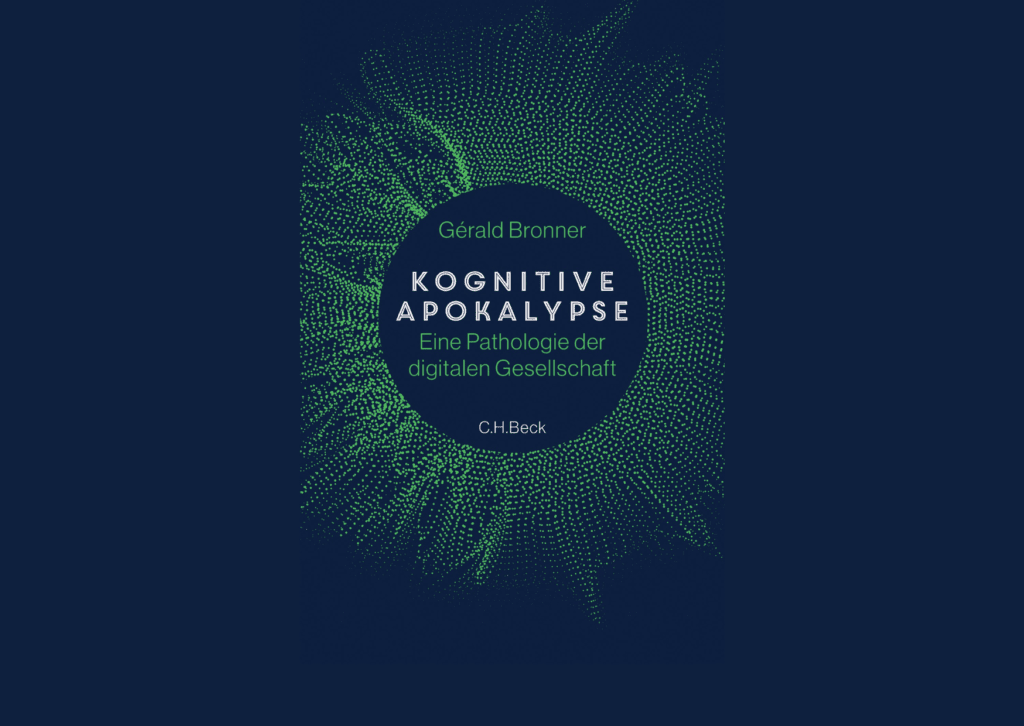A pathology of the digital society
We are richer than ever. At least as measured by that free time in which we can develop a cure for cancer, create significant works of art, and make the world a better place. But we are in danger of squandering this precious treasure, allowing the lure of the digital world to win the competition for our attention. So how will we use this limited resource in the future, when nothing less than the future of humanity depends on it?
We spend 3.7 hours of our valuable free time in front of screens every day. We read e-mails, watch videos, jump from one website to the next, check how many likes our new profile picture has, scroll through social networks, and even the search for a new partner is increasingly shifting to the digital world. We swipe, click, like, comment, and hardly notice what it means that we spend most of our free time in a world where hate, crude theories, and fake news often effortlessly push aside truth, science, and good arguments.
In his Pathology of Digital Society, renowned sociology professor Gérald Bronner, drawing on sociological, psychological, and neuroscientific insights, explains what our behavior in the digital world reveals about us and our deepest desires.
About the author

Gérald Bronner (born May 22, 1969) is a French social scientist and author. Bronner is a professor of sociology at the University of Paris-Diderot and a member of the Institut Universitaire de France (French University Institute). He is one of the main proponents of cognitive sociology in France and is known for his work on collective beliefs and for his involvement in programs to prevent the radicalization of jihadism in collaboration with the French government. In general, his research focuses on the key success factors of a belief in social contexts.
The book is published by C.H. Beck Verlag and is available as hardcover or audiobook


iThere are no comments
Add yours